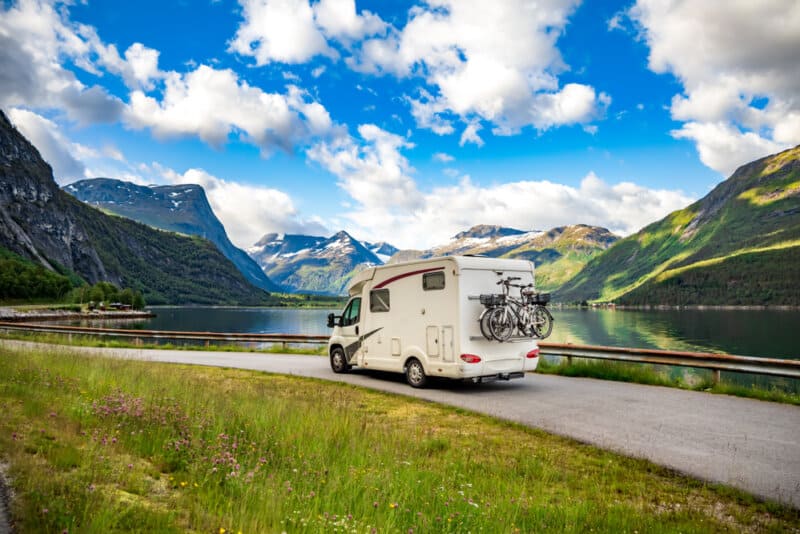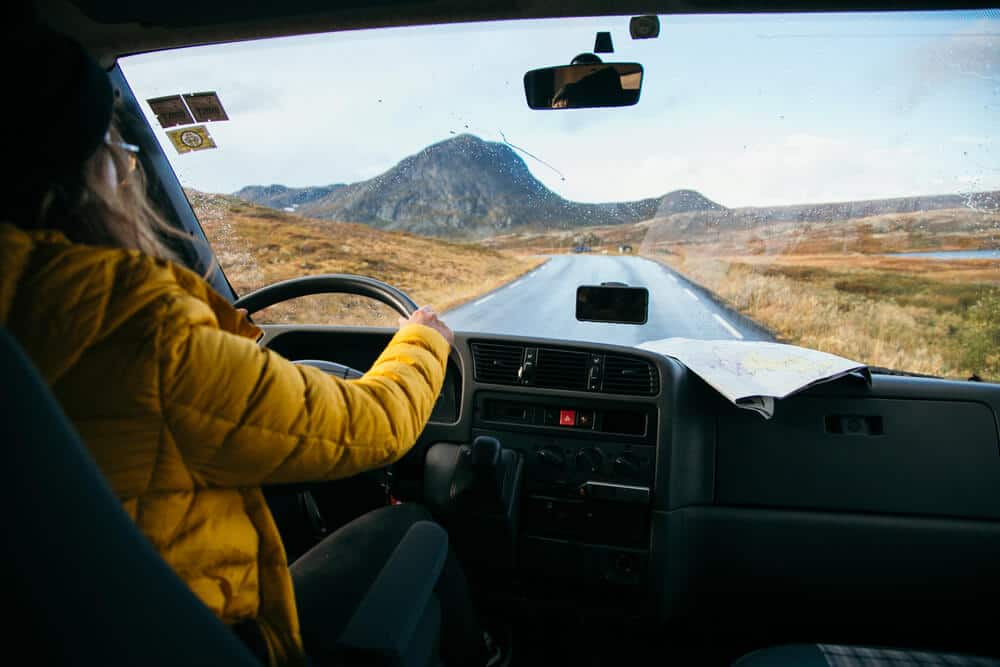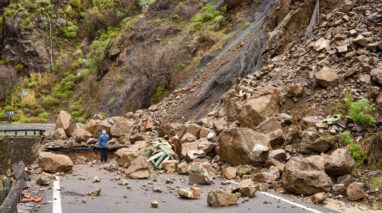Blog
4 Signs You Need Motorhome Insurance in Washington

You’re probably excited to hit the road to explore the Cascades or Palouse Falls. But before you do, sorting out your car insurance situation is definitely a must. Otherwise, you could be in big trouble.
Let’s take a look at what Washington motorhome insurance entails and the signs that you may need to sign up for coverage ASAP.
What to Know About Motorhome Insurance in Washington State
First things first — just what is motorhome insurance, and how is it different than regular car insurance?
RVs are much bigger than cars, and they’re often far more complicated. They’re not just a means of getting from place to place — they’re also a second home. Because of that, motorhome insurance tends to be a bit more comprehensive than regular insurance. It covers:
- Repairs or the replacement value for your motorhome if it’s damaged
- Your personal belongings if they’re damaged, destroyed, or stolen
- Any injuries that may happen to others while they’re in your RV
- Living expenses if you can’t live in your RV because of a claim
In Washington, you’ll need to meet the minimum coverage limits to be legal. These include:
- $25,000 bodily injury liability per person
- $50,000 total bodily injury liability per incident
- $10,000 property damage liability per incident
These are just the minimums; you may want additional coverage, especially if you have a big motorhome. After all, bigger vehicles can cause bigger damage.
That’s part of the reason why insurers make you get a separate motorhome insurance policy instead of just putting your RV on your Washington auto insurance. RVs pose more of a risk on the road and therefore require more coverage in case something happens.
Do You Need Motorhome Insurance in Washington? A Checklist
So, now that you know a bit more about what motorhome insurance in Washington entails, you may wonder if you need it. Here are four signs that investing in a motorhome insurance policy is a good idea.
1. You Own a Motorhome and Live in Washington
You don’t need Washington RV insurance if you’re just passing through. Even if you’re on an extended trip (say, for a whole summer), as long as your legal residence is elsewhere, you don’t need Washington insurance.
However, you still need insurance from your state of residence. If you’re pulled over and can’t provide proof of this insurance, you’ll be in trouble and may face a fine.
2. Your Motorhome Has Its Own Motor
Motorhome insurance is for RVs with an engine that can drive on the road by themselves. It should be covered under your regular auto insurance for liability purposes. But, if you just have a tow RV or popup that you tow behind you, this typically won’t require a separate insurance plan.
Just check to make sure trailers are listed on your policy. If not, you’ll probably want to see about adding that on rather than taking out a new policy.
Keep in mind, auto insurance probably only offers liability coverage for motorhomes. If you want your tow-along motorhome to have fully comprehensive collision and additional coverages, you’ll probably need to buy a separate motorhome insurance policy.

3. You’ll Be Using Your Motorhome for Travel
One key consideration for motorhome insurance in Washington is whether or not your RV will be road-bound. Where you store your RV plays a role in the type of insurance you need.
If you keep your motorhome on your property or at a storage unit, then you may not need motorhome insurance. That’s because your homeowners insurance will cover any damages or expenses associated with the vehicle. This includes damage to the RV, injuries someone suffers in the RV, or contents in the RV.
Just keep in mind, for this to work, you’ll need to have included your RV on your homeowners’ contents list. If you forget to mention it, then your insurance company may deny your claim. Also, not every homeowners’ insurance provider offers RV coverage, so check with your company.
But what if you park your RV at a campground — say a relaxing spot near Snoqualmie Pass — and leave it there? In this case, the motorhome becomes a rental home, meaning it does not qualify for your homeowners’ insurance. This is where motorhome insurance can step in to provide protection against mishaps.
The same goes for any time your motorhome is on the road. As soon as you pull out of your driveway, the RV switches from a piece of property to a vehicle. This means you’ll need specific motorhome insurance to stay legal.
4. You Don’t Have an Alternate Form of Insurance
Getting Washington motorhome insurance isn’t just recommended: it’s the law. If your vehicle is registered in Washington state, you’ll need to have insurance, or you’ll pay a $550 or more fine.
Technically, there are a few ways around this. You can self-insure yourself if you have 26 or more vehicles, but this isn’t a typical situation. It’s also possible to apply for a certificate of deposit of at least $60,000. It’s basically money you put on hold in case you’re in an accident. Finally, you can get a liability bond for at least $60,000.
Rather than deal with all of these complicated methods, it’s probably best to obtain Washington motorhome insurance. That way, you’ll be covered no matter what happens on the road.
Get Motorhome Insurance in Washington Today
Don’t head out on your next big road trip without any insurance! Having it can keep you legal and give you peace of mind if something happens.
It’s easy to get a free quote for your motorhome insurance from Vern Fonk. Start your quote online or call us at 1-800-455-8276 now to talk with one of our agents.


